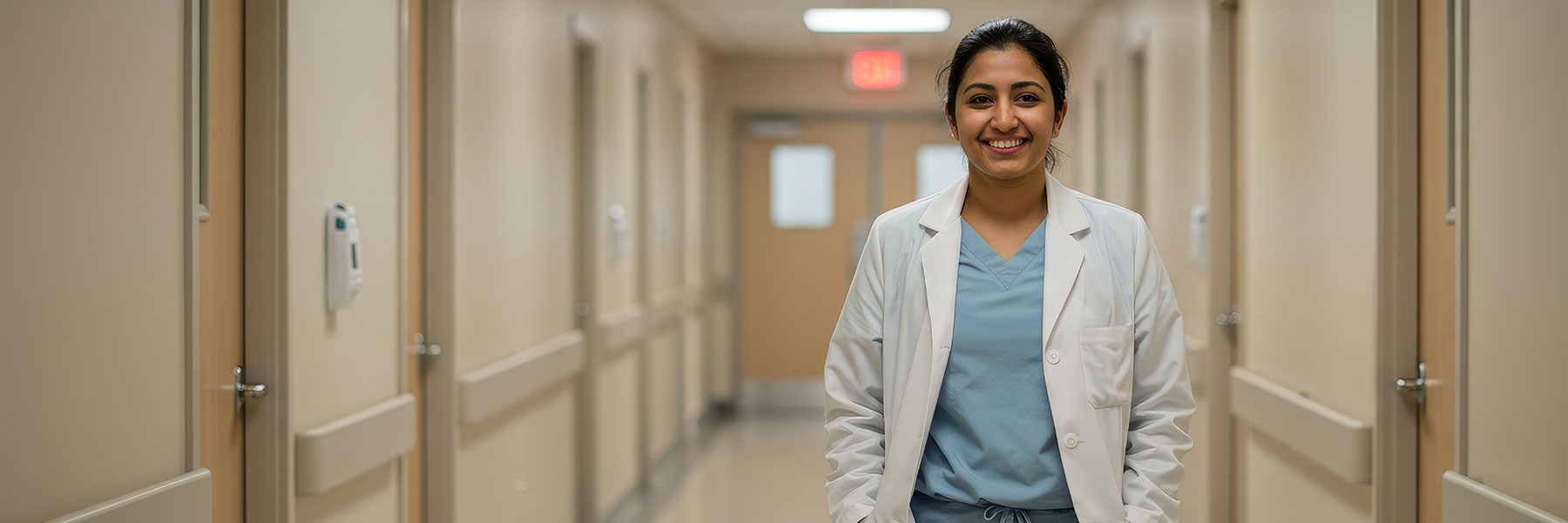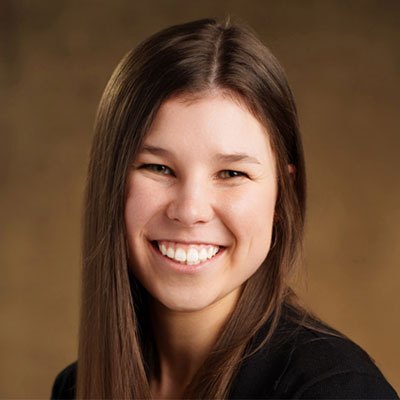Medical schools are looking for well-rounded applicants. Stand out in the admissions process and potentially open doors to various medical specialties and roles in healthcare leadership with a Bachelor of Science in Public Health.
The multidisciplinary Bachelor of Science in Public Health provides a strong foundation to prevent disease, promote health, and societal health care issues, such as health disparities, infectious disease outbreaks and the health effects of climate change that keep our family, friends, and neighbors from living a long and healthy life.



